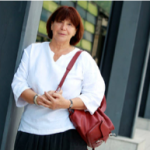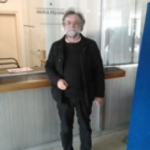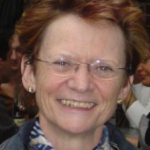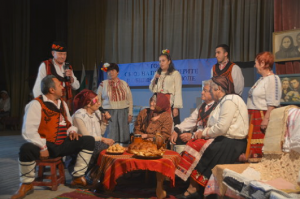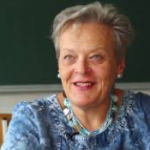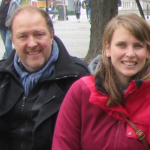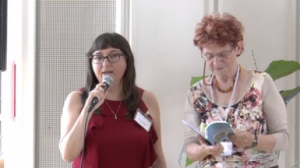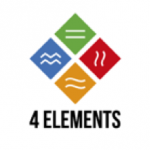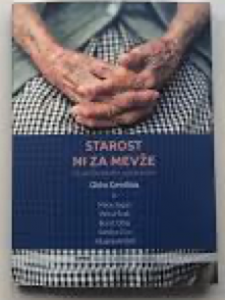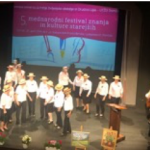by Dušana Findeisen
There have been many developments in the field of older people’s education, culture and social participation in the Danube region and elsewhere in Europe all of them devoted to improving older people’s social position, intergenerational dialogue (Women’s stories) quality of their life. Outstanding have been the results of the connections and cooperation of quite different institutions and educational providers within networks like DANET and ELOA, the ESREA’s research section dealing with older people’s education. Outstanding have been also some national achievements we have decided to write about in this DANET Newsletter like the 5th Festival of Knowledge and Culture in Later Life in Slovenia. There are also new actors in the field of older adult education and old age in general, like a new type of third age university in Romania , or OPRO an institute for applicative studies dealing with old age and social forces in Slovenia, new older people’s social practices as well as emerging research topics related to older people that need to be examined further, like the impact of education and culture on both objective and subjective older people’s quality of life or masculinities in older adult education.

